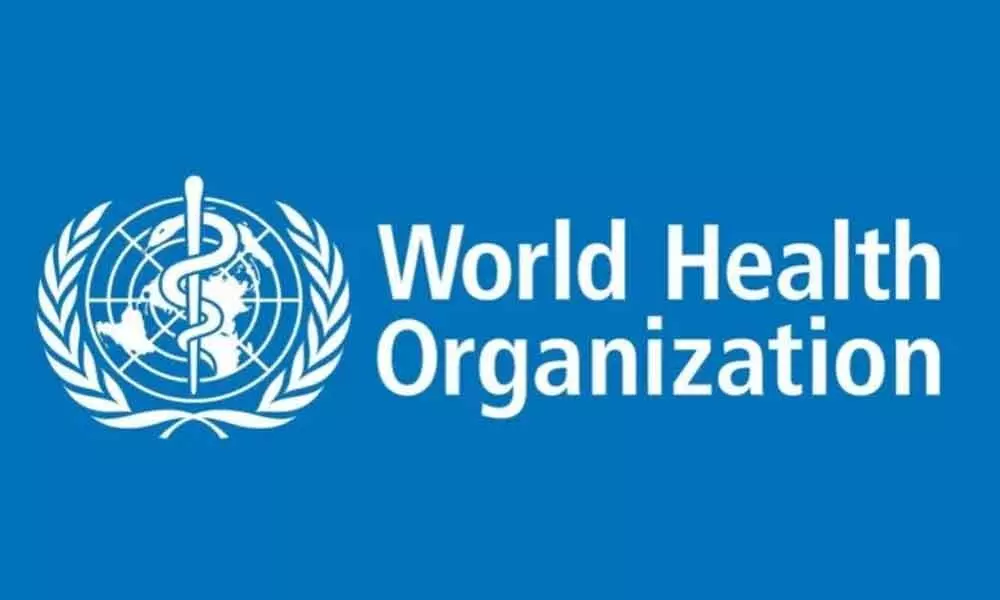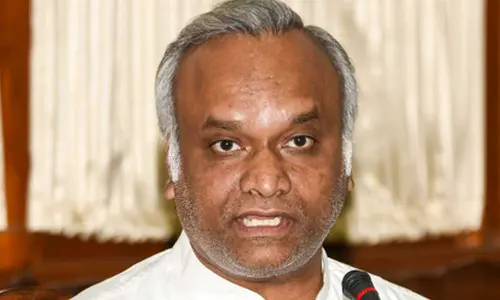Omicron rapidly replacing Delta in almost all countries: WHO

World Health Organization (WHO)
The Omcircon variant of Covid is driving a huge spike in Covid infections across countries but the death rate is stable, World Health Organization (WHO) Director-General Tedros Adhanom Ghebreyesus has said.
Geneva: The Omcircon variant of Covid is driving a huge spike in Covid infections across countries but the death rate is stable, World Health Organization (WHO) Director-General Tedros Adhanom Ghebreyesus has said.
Last week, more than 15 million new cases of Covid-19 were reported to WHO from around the world - by far the most cases reported in a single week. While these are official estimates, the actual numbers could be really high.
"This huge spike in infections is being driven by the Omicron variant, which is rapidly replacing Delta in almost all countries," said Ghebreyesus at his press address on Wednesday.
"However, the number of weekly reported deaths has remained stable since October last year, at an average of 48 thousand deaths a week," he added. This could be due to the reduced severity of Omicron, and widespread immunity from vaccination or previous infection, he noted.
But for those who are unvaccinated "Omicron remains a dangerous virus", the WHO chief said
"Almost 50 thousand deaths a week is 50 thousand deaths too many", Ghebreyesus said. "Learning to live with this virus does not mean we can, or should, accept this number of deaths."
He stated that the world cannot "allow this virus a free ride" when so many people around the world remain unvaccinated.
In Africa, for example, more than 85 per cent of people are yet to receive a single dose of vaccine.
"We cannot end the acute phase of the pandemic unless we close this gap", he said.
According to Ghebreyesus, the overwhelming majority of people admitted to hospitals around the world are unvaccinated.
At the same time, while the immunisations remain very effective at preventing severe disease and death, they do not fully prevent transmission.
"More transmission means more hospitalizations, more deaths, more people off work, including teachers and health workers, and more risk of another variant emerging that is even more transmissible and more deadly than Omicron", Ghebreyesus explained.
The sheer number of cases also means more pressure on already overburdened and exhausted health workers.
A study published last year showed that more than one in four health workers have experienced mental health issues during the pandemic. Data from several countries also show that many have considered leaving or have left their jobs.









